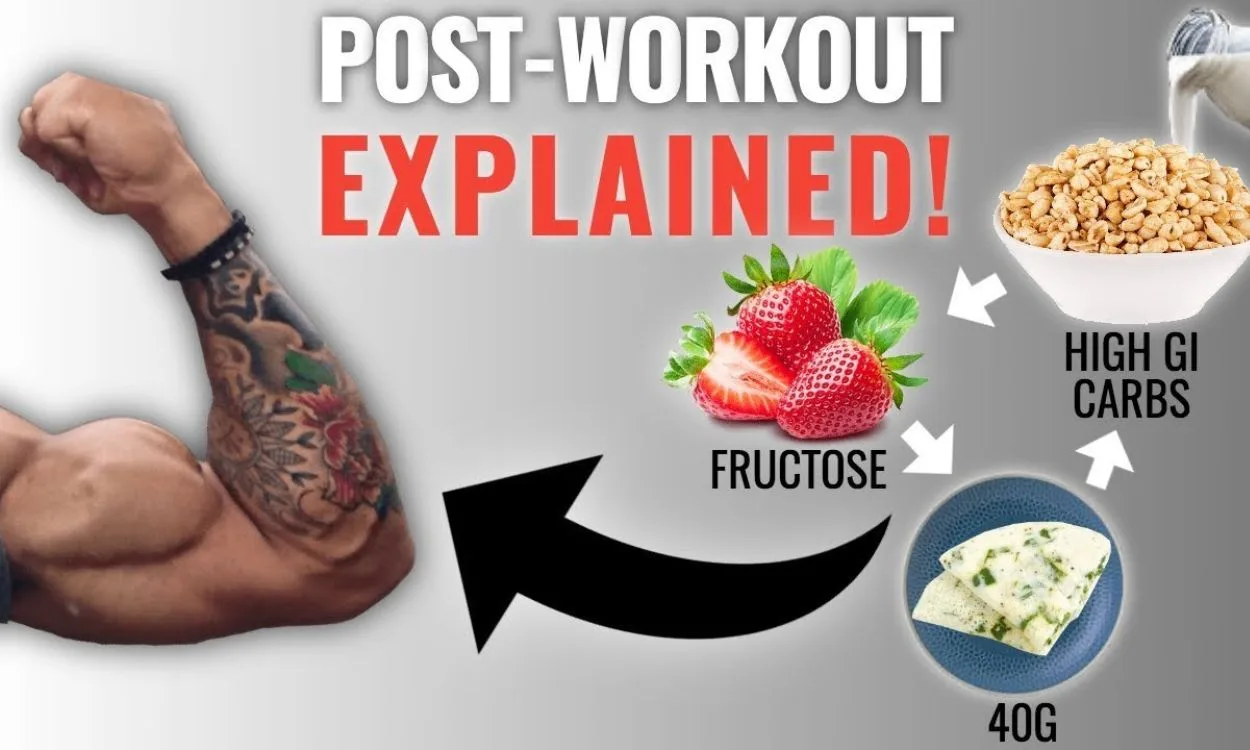What Should Post-Workout Nutrition Include for Muscle Recovery?
After a strenuous workout, your body needs proper nutrition to recover and maximize the benefits of your exercise. Post-workout nutrition plays a vital role in replenishing energy, repairing damaged muscles, and promoting muscle growth. Here’s what your post-workout nutrition should include for effective muscle recovery:
1. Protein
Protein is the building block of muscles and is essential for repairing damaged muscle tissues after a workout. Consuming an adequate amount of protein post-workout stimulates muscle protein synthesis, which promotes muscle growth and recovery. Aim to consume 20-30 grams of protein within 30 minutes to an hour after your workout.
Good sources of protein for muscle recovery include:
- Lean meats like chicken, turkey, or fish
- Eggs or egg whites
- Greek yogurt or cottage cheese
- Plant-based proteins such as tofu, tempeh, or legumes
2. Carbohydrates
Carbohydrates are crucial for replenishing glycogen stores in your muscles, which are depleted during intense exercise. Consuming carbohydrates after a workout helps restore energy levels and supports muscle recovery. Choose complex carbohydrates that provide a steady release of energy, such as:
- Whole grains like brown rice, quinoa, or whole wheat bread
- Fruits like bananas, berries, or oranges
- Sweet potatoes or yams
- Oats or muesli
It’s recommended to consume a ratio of 3:1 or 4:1 carbohydrates to protein for optimal muscle recovery.
3. Fluids and Hydration
Hydration is key for optimal muscle function and recovery. During exercise, you lose fluids through sweat, and it’s important to replenish them post-workout. Water is the best choice for hydration, but if you’ve had an intense or prolonged workout, you may consider sports drinks that contain electrolytes to replenish what you’ve lost.
Make sure to drink enough water throughout the day, especially after your workout, to stay adequately hydrated.
4. Antioxidants and Anti-inflammatory Foods
Intense exercise can lead to the production of free radicals, which can cause oxidative stress and inflammation. Including foods rich in antioxidants and anti-inflammatory properties in your post-workout nutrition can help reduce muscle soreness and promote faster recovery. Some examples include:
- Berries like blueberries, strawberries, or cherries
- Dark leafy greens like spinach or kale
- Turmeric or ginger
- Nuts and seeds
5. Omega-3 Fatty Acids
Omega-3 fatty acids have anti-inflammatory properties and can support muscle recovery by reducing inflammation and promoting joint health. Include foods rich in omega-3 fatty acids, such as:
- Fatty fish like salmon, mackerel, or sardines
- Chia seeds or flaxseeds
- Walnuts
6. Timing and Portion Control
It’s important to consume your post-workout meal or snack within the recommended timeframe of 30 minutes to an hour after your workout. This allows your body to utilize the nutrients efficiently for muscle recovery.
Be mindful of portion control to avoid overeating or consuming unnecessary calories. Remember that your post-workout nutrition should support your fitness goals, whether it’s muscle building, weight loss, or overall health.
Conclusion
Post-workout nutrition plays a critical role in muscle recovery and maximizing the benefits of your workout. Including a balanced combination of protein, carbohydrates, fluids, antioxidants, omega-3 fatty acids, and timing your nutrition appropriately can help promote muscle repair, replenish energy, and support your fitness goals.
While following these guidelines can certainly enhance your post-workout recovery, if you’re looking for a personalized approach to your health and fitness, the Fitpaa app can be a valuable tool. With its state-of-the-art technology and team of experts, Fitpaa offers personalized fitness plans, nutrition guidance, and real-time guidance to help you achieve your health and fitness goals. Download the Fitpaa app and embark on a journey towards a healthier and fitter you.









